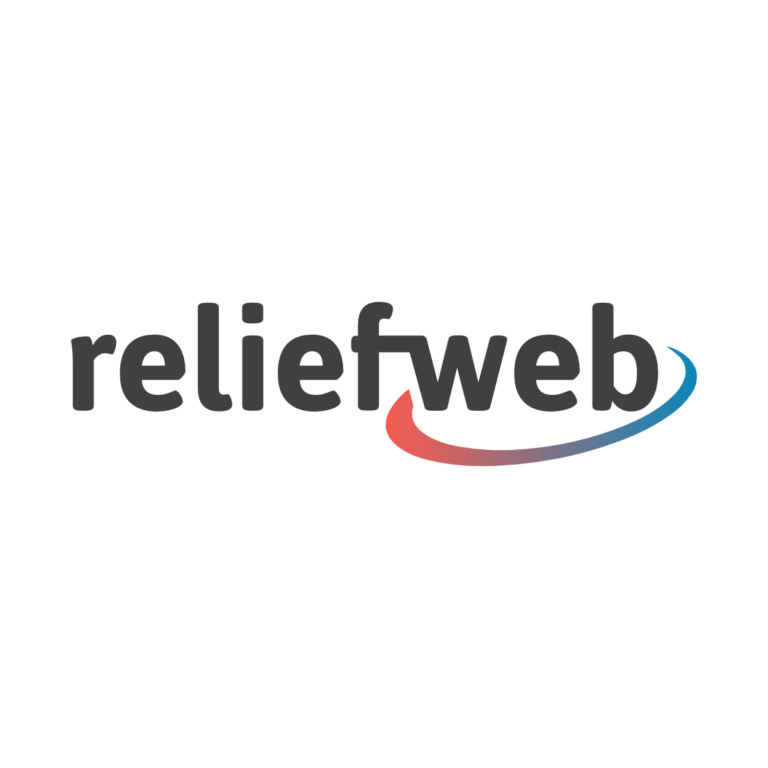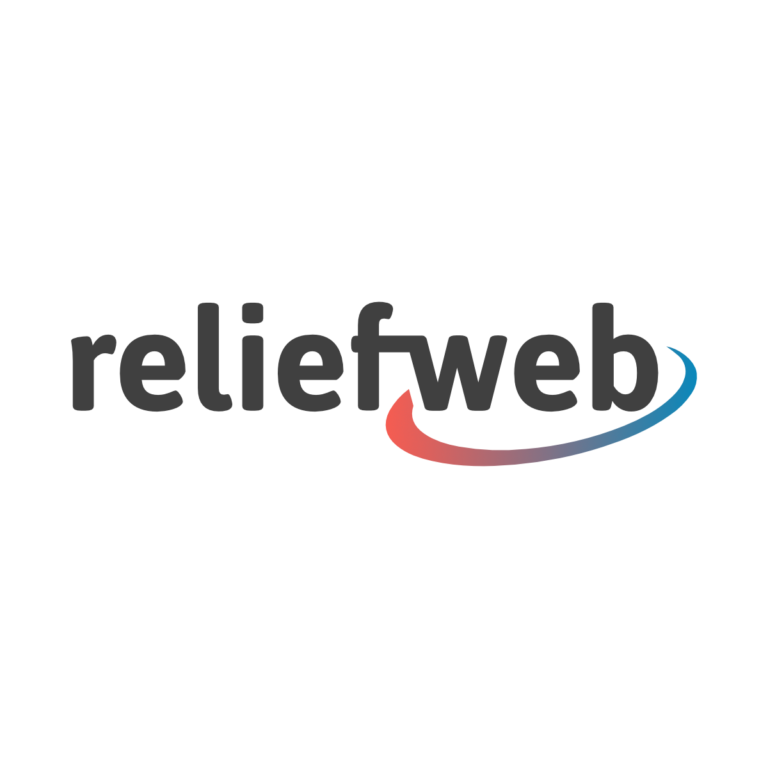, Legal ,
Job Description
Fondée en 1933 à la demande d’Albert Einstein, l’International Rescue Committee (IRC) est l’un des plus importants organismes humanitaires au monde. L’IRC vient en aide, prévoit des mesures de réadaptation et apporte un appui en matière de reconstruction au lendemain d’un conflit aux victimes d’oppressions et de conflits violents. Présente dans plus de 40 pays, la mission d’IRC est d’aider les personnes dont les vies et les moyens de subsistance sont ébranlées par les conflits et les catastrophes à survivre, se relever et prendre en main leur avenir.
Face à une crise humanitaire croissante, l’IRC lance des programmes d’urgences dans la région de l’Extrême-Nord du Cameroun. Les programmes prévus comprennent la santé environnementale, la sécurité alimentaire, l’autonomisation des femmes et la protection et l’état de droit.
L’Assistant (e) Legal (e) est supervisé par l’Officier Légal PRoL et fait partie de l’équipe de Protection et Etat de Droit. L’Assistant (e) Legal (e) sera responsable pour toutes les activités liées avec le travail de demande d’asile, ainsi que toutes les préoccupations légales des clients.
L’Assistant Légal est basé à Kousseri avec des déplacements permanents dans les localités d’intervention.
Qualifications
L’Assistant Légal assurera les responsabilités suivantes :
A. Mise en œuvre des activités
– Mettre en œuvre les activités de gestion de cas légale du projet conformément à la description du programme ;
– Faciliter les entrevues individuelles avec des clients par rapport à leurs préoccupations légales (PBS, survivantes VBG, accès à la terre, mandataires), créer les dossiers et faire le suivi des dossiers ;
– Assurer le suivi des Parajuristes à travers les descentes fréquentes dans les communautés, l’organisation des rencontres hebdomadaires et sessions formation, ainsi que la collecte permanente des données de sensibilisation et référencement vers les services.
– Organiser des formations pour l’équipe sur les thèmes d’accès à la terre, VBG, documentation civile si nécessaire ;
– Organiser des sessions de sensibilisation sur les sujets juridiques (l’enregistrement des naissances, la documentation civile, les droits de l’homme, les LTP…) en collaboration avec les équipes de Monitoring et de gestion de cas ;
– Créer de bonnes relations avec les autorités pertinentes pour faciliter le travail ;
– Effectuer les autres taches assignées par le superviseur.
B. Reportage et Coordination
– Soumettre à l’Officier Légal PRoL, dans les délais, les rapports internes sur les activités ;
– Contribuer à l’évaluation des impacts et à la rédaction des rapports mandataires sur la situation juridique ;
– Participer aux réunions sectorielles ;
– Travailler avec tous les acteurs étatiques et non étatiques intervenant dans l’accès à la justice.
C. Général
– S’engage à respecter l’IRC Way (Déontologie IRC).
– S’engage à assurer la mise en œuvre optimale de cas politiques dans son cadre de travail.
– Est disponible pour effectuer toute autre tache ponctuelle jugée utile par son supérieur direct ou par IRC.
– Assure que toutes les activités seront mises en place en concordance avec les politiques opérationnelles de l’IRC.
– Est disponible pour effectuer toute autre tâche ponctuelle jugée utile par son supérieur direct ou par l’IRC.
1. Profil requis : Qualifications et compétences
– Education : Diplôme universitaire en droit ou équivalent en droit de l’homme, relations internationales, ou disciplines similaires,
– 2 à 3 ans d’expérience professionnelle dans le domaine de la protection, droit de l’homme et/ou accès à la justice ;
– Expérience de travail au sein d’une ONG et de la connaissance des instruments légaux ;
– Expérience en sensibilisation et/ou animation communautaire et de gestion de cas ;
– Expérience à appuyer et former les agents et les organisations communautaires de façon formelle et informelle ;
– Qualités personnelles : savoir travailler en équipe, être flexible, savoir créer des liens, savoir bien gérer la pression, savoir écouter activement ;
– Maitrise du Français est exigée.
2. Composition du dossier de candidature
– Lettre de motivation adressée à la Directrice Pays de IRC Cameroun ;
– CV ;
– Photocopie de la Carte nationale d’identité
– Photocopies des documents qui justifient l’expérience du candidat (attestations de stage et d’emploi, certificat de travail) ;
– Trois références professionnelles.
3. Dépôt des dossiers
· Les dossiers complets seront déposés dans une enveloppe anonyme portant la mention :
« Candidature pour le poste de : _______titre du poste sollicité________ – International Rescue Commitee-» Au Bureau de IRC de Kousseri;
Ou à l’adresse email : irc2cm.recrutement@gmail.com
NB : Date limite de recevabilité des dossiers : 12 juillet 2022.
Les candidatures féminines sont fortement encouragées. Seuls les candidats présélectionnés seront contactés.
, Apply now , Added 6 days ago – Updated 2 hours ago – Source: rescue.org



